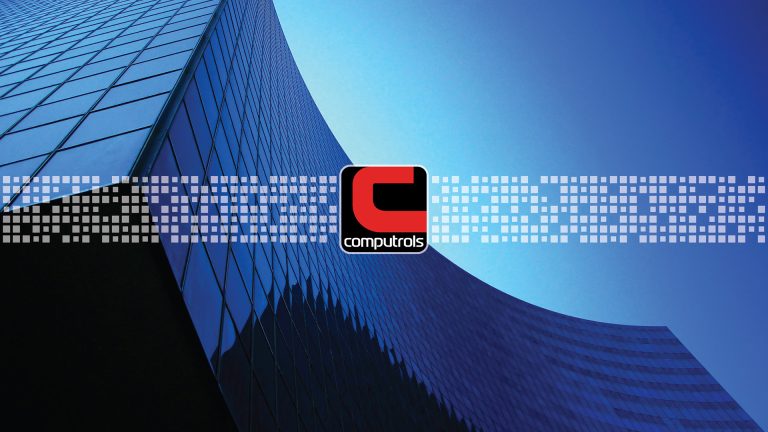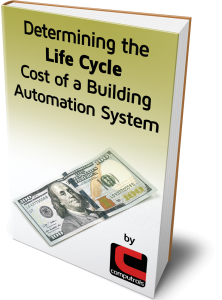Despite a political climate that is pushing towards bringing manufacturing jobs back to America, many Fortune 100 companies continue to do their business elsewhere to avoid higher employee wages and U.S. taxes. While this continues to be the case, U.S.-based manufacturers are forced to compete on, what some would consider, an uneven playing field.
Tax Inversion and Outsourced Manufacturing
One of the prime examples of such a case is the 2016 merger between Johnson Controls and Tyco to avoid approximately $150 million dollars a year in U.S. taxes. Johnson Controls is best known for its automotive batteries and HVAC equipment while Tyco has focused on fire protection and security products over the last few years. Johnson Controls took over the majority of shares of Tyco International and swiftly moved their legal global headquarters to Cork, Ireland while maintaining their operational headquarters in Milwaukee, WI.
In a similar move, American pharmaceutical corporation, Pfizer, announced their merger with Allergan and moved it’s headquarters to Ireland as well. This deal is expected to lower Pfizer’s corporate tax rate by 7 or 8 percent.
On top of the billions of tax dollars the U.S. economy is losing each year, it is also losing millions in wages to outsourcing. Companies such as Apple, Nike, Cisco, Wal-Mart, and IBM are manufacturing the vast majority of their products abroad which has lead to a shrinking middle-class in America.
The Other Side of the Coin
Although these corporations seem to only want to sell to the U.S. market, there are companies that are doing more to stimulate the American economy. The epitome of this is building automation controls manufacturer, Computrols, Inc. Computrols has been in business for 34 years and has always manufactured its products at its global headquarters just outside of New Orleans, LA. The company currently employs over 60 professionals including administrative staff, engineers, field technicians, and a manufacturing team.
When asked about why the company decided to manufacture its goods domestically instead of abroad, Computrols’ CEO, Drew Mire, said, “we feel as though keeping our manufacturing close to home allows us to build a higher quality product.” This reasoning has certainly held true for Computrols as they provide a lifetime warranty on everything that they manufacture. That’s right, heavy duty electronics with a lifetime warranty.
The company’s CEO went on to explain, “we don’t see our approach changing. Our company will continue to employ American workers to produce a better product that is able to constantly evolve with new technology.”
A Change in the Wind?
Only time will tell if large corporations will follow suit, but as things currently stand, it is companies like Computrols that are choosing to create jobs and opportunities in America that consumers should try to support. At the end of the day, we all know that money talks. If government legislation does not sufficiently cut into those companies exporting their labor, consumers will be left with the responsibility to make the change they want to see in this country.




